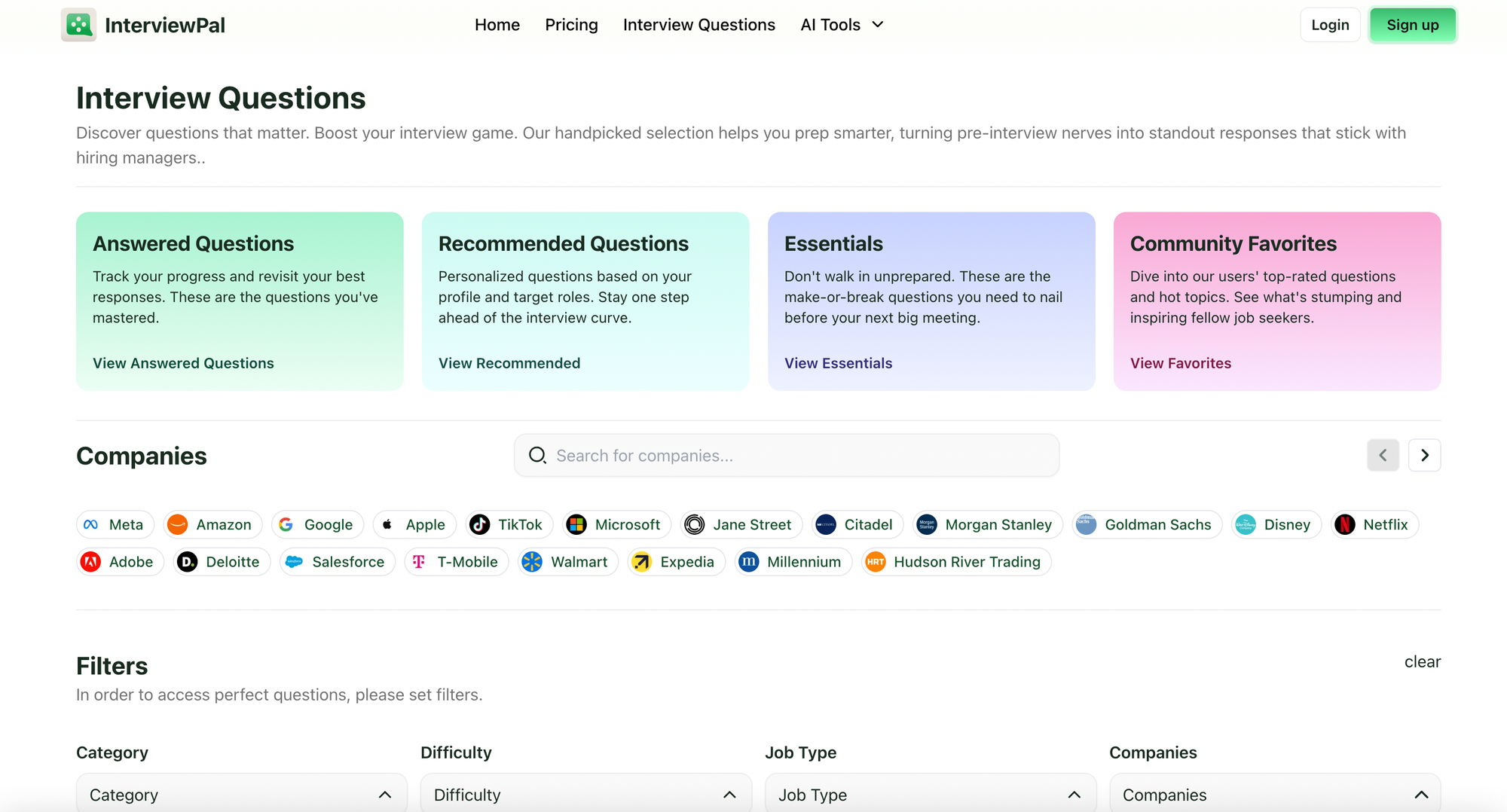Picture this. You're sitting in that interview chair, your credentials polished and ready, when the interviewer leans forward and drops what I like to call "The Big One" – "Why are you the best candidate for us?"
For more than a decade of guiding job seekers, I've watched this behavioral question stop even the most qualified candidates in their tracks. It's not just another interview question; it's an invitation to demonstrate your understanding of both yourself and the employer's needs. Let's unpack this challenge together, shall we?
The Psychology Behind the Question
First things first – let's get inside the interviewer's head. When they ask why you're the best candidate, they're not fishing for compliments or testing your ability to brag. They're probing three crucial elements:
- Your self-awareness
- Your understanding of their needs
- Your ability to connect these two dots meaningfully
Think of it as a dance where you need to lead without stepping on any toes. Too modest, and you fade into the background. Too boastful, and you might trip over your own feet.
The Fatal Flaws in Most Common Responses
Before we dive into crafting the perfect response, let's examine where most candidates go wrong. I've heard thousands of answers to this question, and these mistakes keep surfacing like unwanted weeds in a garden:
The "I'm Amazing" Approach
"I'm the best candidate because I'm hardworking, dedicated, and passionate."
Why it fails: This response is as generic as a one-size-fits-all t-shirt. It says nothing about the specific value you bring to this specific organization.
The Comparison Trap
"I'm better than other candidates because..."
Why it fails: Unless you've interviewed the other candidates (which you haven't), you're making claims you can't support. Plus, it comes across as presumptuous.
The Resume Regurgitation
"I have X years of experience and a degree in Y..."
Why it fails: They already know your credentials from your resume. This is your chance to tell the story behind the bullets.
The PEAK Method: Your Framework for Success
After years of working with job seekers, I've developed what I call the PEAK method for answering this question. It's a framework that helps you structure your response in a way that's both compelling and authentic.
P - Position Understanding
Start by demonstrating your deep understanding of the role and its challenges. This shows you've done your homework and aren't just looking for any job.
E - Evidence of Excellence
Share specific examples of how you've tackled similar challenges successfully in the past. Make sure these examples align with the company's needs.
A - Alignment with Culture
Show how your values and working style align with the organization's culture and mission. This is often overlooked but crucial.
K - Knowledge of Impact
Articulate the specific impact you plan to make in this role. This shows forward-thinking and strategic understanding.
Crafting Your Response: A Step-by-Step Guide
Step 1: Do Your Detective Work
Before the interview, dive deep into:
- The company's recent projects and initiatives
- Their challenges and opportunities
- Their values and culture
- The specific requirements of the role
Step 2: Map Your Strengths
Create a matrix of:
- Your relevant achievements
- Specific skills that match their needs
- Unique perspectives you bring
- Problems you've solved that relate to their challenges
Step 3: Find Your Stories
Identify 2-3 concrete examples that demonstrate:
- How you've overcome relevant challenges
- Times you've created measurable impact
- Situations where you've shown leadership or innovation
- Moments that showcase your cultural fit
Step 4: Structure Your Response
Your answer should flow naturally, following this pattern:
- Acknowledge the role's key challenges/opportunities
- Share relevant experience and achievements
- Connect your background to their needs
- Project future impact

Sample Framework (Not a Script!)
Here's a framework to help you structure your thoughts:
"Based on our discussion and my research about [specific role/challenge], I understand that you're looking for someone who can [key requirements]. In my role at [previous experience], I faced similar challenges when [specific situation]. I approached it by [actions taken], which resulted in [specific, measurable results]. This experience, combined with my [relevant skills/knowledge], positions me to [specific impact you can make]. Additionally, your company's focus on [company value/mission] resonates with my professional philosophy of [your aligned value]."
How to Deliver?
Remember, it's not just what you say, but how you say it. Your delivery should be:
- Confident but not arrogant
- Enthusiastic but not desperate
- Professional but personable
- Detailed but concise
The conversation doesn't end with your answer. Be prepared for follow-up questions about:
- Specific examples you've mentioned
- How you'd handle certain situations
- Your long-term career goals
- Your understanding of their industry
How to Follow-Through?
After answering, use the momentum to:
- Ask thoughtful questions about the role
- Seek clarification about expectations
- Show interest in next steps
- Reinforce your enthusiasm for the opportunity
Some Final Thoughts...
Here's something crucial that often gets lost in the interview preparation process: The best candidate isn't necessarily the most qualified on paper – it's the one who can authentically connect their abilities with the company's needs.
Think of your response not as a performance but as a professional conversation about mutual fit. Your goal isn't to prove you're better than everyone else; it's to show how your unique combination of experiences, skills, and perspectives can bring value to this specific role.
What
The question "Why are you the best candidate for us?" is really an opportunity to:
- Show you understand their needs
- Demonstrate how you can meet those needs
- Prove you've done your homework
- Share your authentic professional story
- Connect your past achievements with their future goals
- Show you are a team player
In the end, the best answer to this question isn't about being the "best" – it's about being the right fit. Focus on showing how your unique contribution can help the organization achieve its goals, and you'll be well on your way to making a compelling case for yourself.
Now, go forth and tell your story with confidence!



